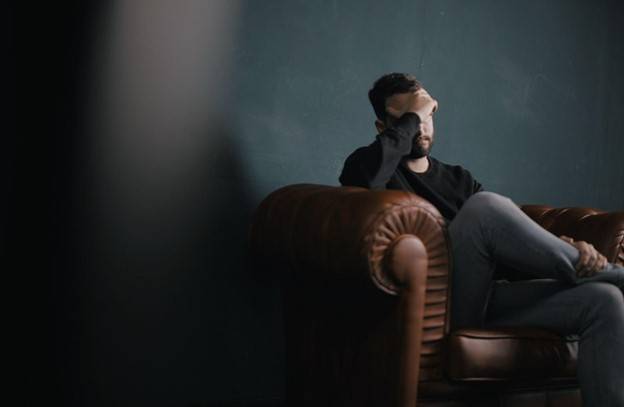
March 2022. This article is independently written by Shelby Golding. All opinions given are hers. Shelby has been certified as a personal trainer and nutritional specialist since 2007. In 2008, she found her passion for writing about these topics and hasn't looked back.

The shift is so dramatic that scientists can see the effects. In the week after Daylight Savings, deadly car accidents increase 6%. The Monday after the switch, hospitals see a 24% increase in heart attack visits. So, no, it isn’t your imagination that the week following Daylight Savings is a struggle. The time shift messes with our mental health.
Thankfully, keeping your mental health stable during Daylight Savings is entirely possible with a few simple lifestyle changes.
How to Keep Your Mental Health Stable During Daylight Savings
1. Get Enough Vitamin D
Natural vitamin D is hard to come by from October to early March. While there is no perfect substitute for sunshine, vitamin D supplements and light therapy have been shown to help with depression during the weeks surrounding Daylight Savings.
Light therapy involves a S.A.D. light (S.A.D. = Seasonal Affective Disorder) which is thought to reduce melatonin production while increasing the production of serotonin. It supports a healthy sleep schedule and keeps your mood relatively even. Simply spend 30 minutes to an hour in front of your light every day for the best effect.
2. Eat Healthy
Also, 95% of the body's serotonin is made in the gastrointestinal tract. Serotonin is a mood stabilizer present in most over-the-counter mental health treatments. Therefore, a healthy gut means healthy emotions.
3. Exercise

4. Stick to a Routine
When the clocks "spring forward" in March, our daily exposure to sunlight is disrupted, which throws off our circadian rhythm. To keep your circadian rhythm from being interrupted, the American Academy of Sleep Medicine suggests that you adjust your schedule gradually. For example, go to bed 15-20 minutes earlier each day in the week leading up to Daylight Savings. Start eating dinner an hour earlier and shift your pet and kid's meal schedule simultaneously.
Routines also help people with mental health problems to focus on their priorities. Having a consistent routine for getting up, eating breakfast, exercising, then heading to work keeps you focused, which adds up over time to create mental and emotional stability. A solid daily routine will also help you in times of severe stress due to negative life events or health issues.
Build Mental Health Habits
Start small if you are intimidated or do not know where to begin. For example, add a vitamin D supplement or replace one unhealthy food with your favorite fruit or vegetable. Go for a walk for 20 minutes in the morning and set an alarm to remind yourself it's your bedtime.
It takes approximately 66 days for a new habit to be automatic, so set yourself small reminders in the beginning and congratulate yourself for small accomplishments. Healthy habits are not built in a day, but your overall mental health is worth the extra effort. Not only during Daylight Savings but all year long.
And don’t forget to use your Kailo pain patch to manage any chronic pain symptoms that may be making your days more difficult. The Kailo patch is designed to relieve pain in seconds, and a recent clinical study showed Kailo is more effective than other prescription and over-the-counter medications, with no side effects! Get yours today.
Disclaimer: Kailo should not be used if you have a pacemaker or if you are pregnant. Always consult your doctor or health care professional before using Kailo.






